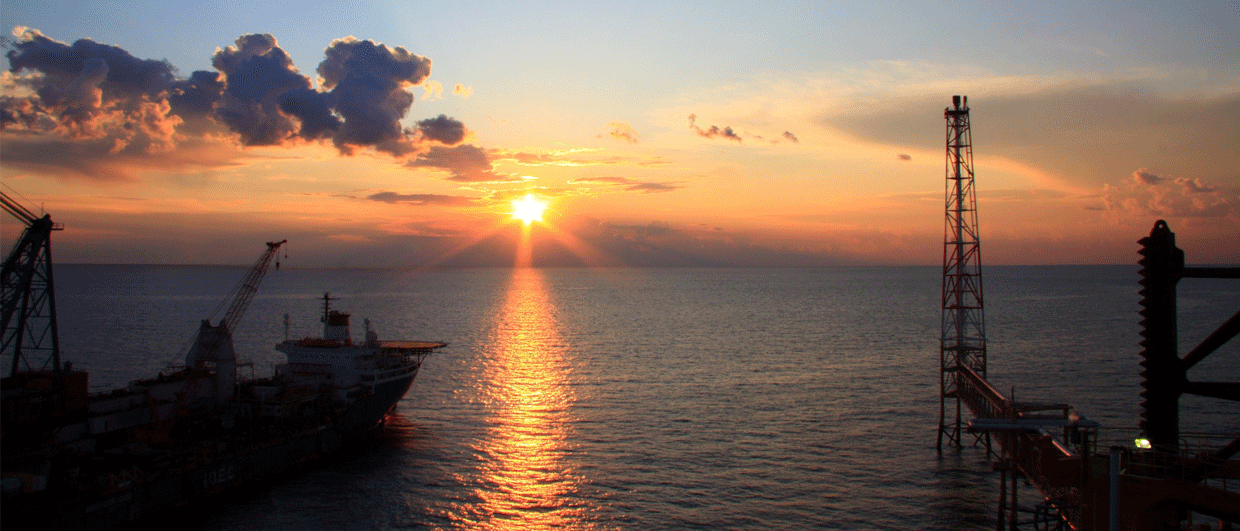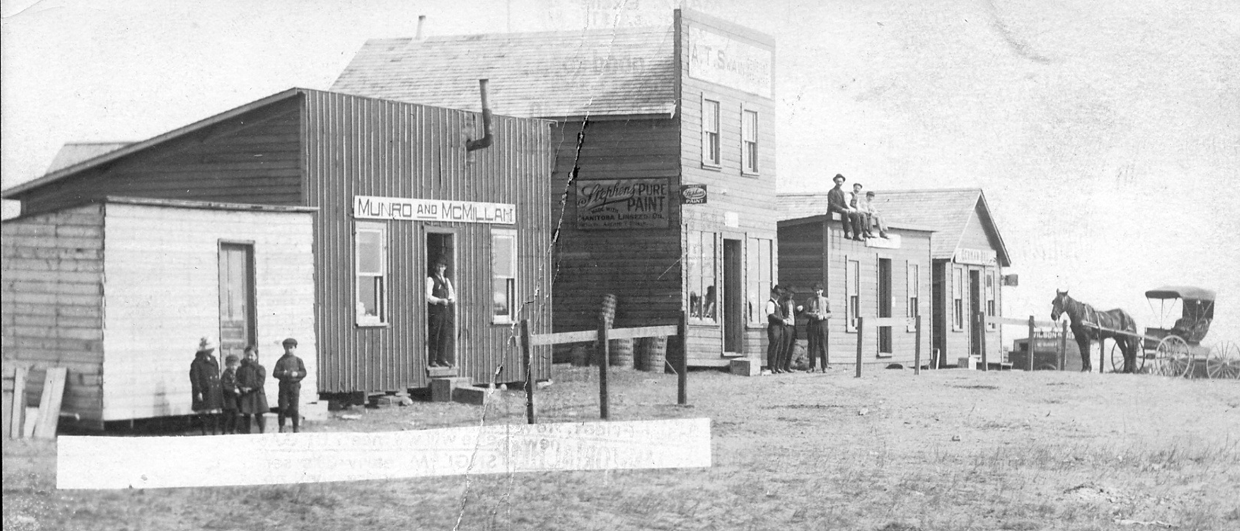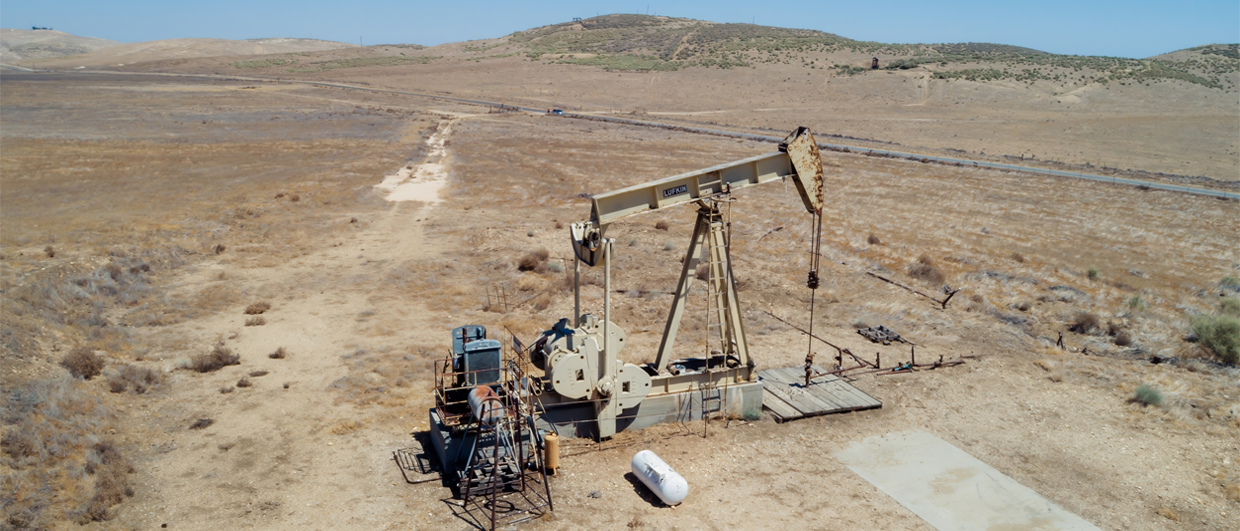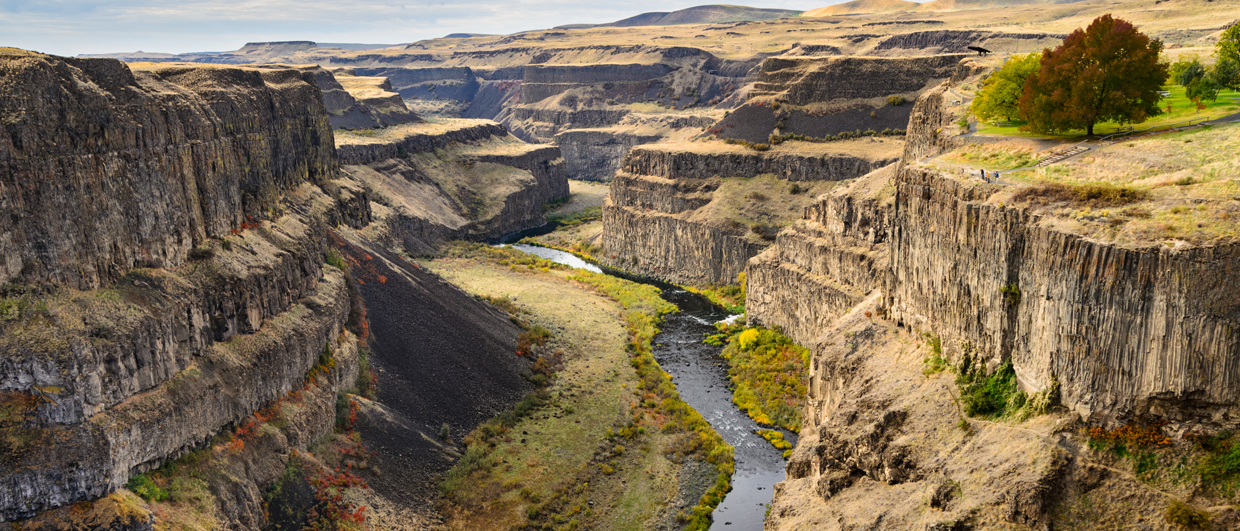 Iran is one of those countries you normally don’t hear a lot from. This is obviously exacerbated by the USA sanctions that are still in place and prevent the exchange of Western goods and services. For this article, I wanted to hear from people who are currently based in Iran to hear what is going on. Initially, I asked someone I knew from the past, but she told me most people from her network now live and work abroad. Then, I approached two people from my LinkedIn network who work in Iran, and both responded positively to my request even though we never met in person.
Iran is one of those countries you normally don’t hear a lot from. This is obviously exacerbated by the USA sanctions that are still in place and prevent the exchange of Western goods and services. For this article, I wanted to hear from people who are currently based in Iran to hear what is going on. Initially, I asked someone I knew from the past, but she told me most people from her network now live and work abroad. Then, I approached two people from my LinkedIn network who work in Iran, and both responded positively to my request even though we never met in person.
When reading through the reports I was subsequently provided with, it is clear that Iran is not sitting idle – see also Mariël Reitsma’s article about Iran starting helium production. The tone is very much one of self-sufficiency in developing the tech and hardware required to beat the sanctions and get going with the work at hand.
Another interesting observation is that exploration activities in Iran have focused around the country’s borders in recent years, something I am not entirely sure about why. At the same time, exploration is also taking place in parts of the country where this wasn’t done previously, which is a testament to a drive to find new resources wherever possible.
In the section below are some observations to illustrate how the country remains an active player in the oil and gas exploration arena. What follows is a more personal account of someone I met on Teams for a conversation about life and work in Iran.
NOT ONLY SOUTH PARS
It is well-known how important the discovery of South Pars has been for Iran. It represents around 8 % of the world’s gas reserves on its own. But other (gas) discoveries have more recently been made as well, with volumes that nobody would sniff at either. For instance, in 2019, the discovery of the Eram gas field was announced in the southern province of Fars, not far from South Pars. The reservoir is cited to be 50 km in length and holds over 13 Tcf in gas reserves, with 19 Tcf in place. But because of the presence of South Pars, the discovery of a field like this does not result in a stir in Iran: “Such a discovery would be taken seriously were it made in other countries,” said Reza Dehqan, deputy CEO of NIOC in 2019.
It seems like exploration has recently ramped up in Iran. A website article from May 2024 quotes the head of exploration of the National Iranian Oil Company, saying that the number of rigs involved in exploration drilling would have reached ten last year, where it was only two rigs in 2021. The same article also mentions that the replacement rate of oil and gas in the last few years has been 100 %, in contrast to many other basins in the world. And apparently, the success rate is high too; the article suggests that 100 % of the exploration wells drilled have been successful in finding hydrocarbons, which is an impressive statistic if true. Another website notes that since the Islamic Revolution in 1979, when recoverable liquids stood at 88 billion barrels and gas at 8 trillion m3, these numbers have grown to 156 and 32, respectively, last year. In other words, in contrast to so many places around the world, where petroleum reserves are steadily declining, Iran clearly sits on a very large and seemingly still growing reserve base.
WORKING IN THE SEISMIC IMAGING SECTOR IN IRAN
A processing geophysicist tells us about access to technology and the current state of exploration in her country
You don’t often hear about subsurface news in Iran, as the country is still gripped by US sanctions. That is why I contacted someone who currently lives and works in Iran, to hear a bit more about the current situation. She has been part of the geophysical processing community for quite a few years and was willing to give me a flavour of how it is to work in the petroleum sector and how the sanctions affect her daily routine. However, she preferred to stay anonymous for various reasons.
“One of the main things that my profession is experiencing when it comes to seismic processing is the difficulty of having access to new technology,” she says. “For instance, many international companies are now using Full Waveform Inversion (FWI) technology, developed by the global players in the seismic acquisition business. We don’t have direct access to it, and that is frustrating. Of course, we are developing similar technology in-country through academic research and collaborations, but it is not the same as what is developed elsewhere.” This creates an overall feeling of “why do we need to reinvent the wheel when we know the technology is available so close to us?”
It is an aspect of the sanctions that is easily forgotten about when these measures don’t affect you, but it is a reality that many working in Iran face daily.
Despite these difficulties, it does not mean the country is at a standstill at all. “Exploration activities are ongoing at a rapid pace,” she says. “We are carrying out seismic surveys across the entire country, both 2D and 3D, meaning that there is a drive to explore for more. And even though travelling abroad is not easy these days, we still gather as a geophysical community to hear the latest from colleagues working in the country, in addition to hearing what happens elsewhere through people visiting.”
But is the current situation something she is happy with? “I personally think it would be much better to exchange knowledge more freely and make travelling easier,” she adds. She has a lot of family members already living abroad. “Surely, there are plenty of people who are ok with the current situation, it is not like we all crave this change, but for me, it would be a big advancement, and I think it would also be of benefit to the profession given that access to the latest technology would be so much easier.”





